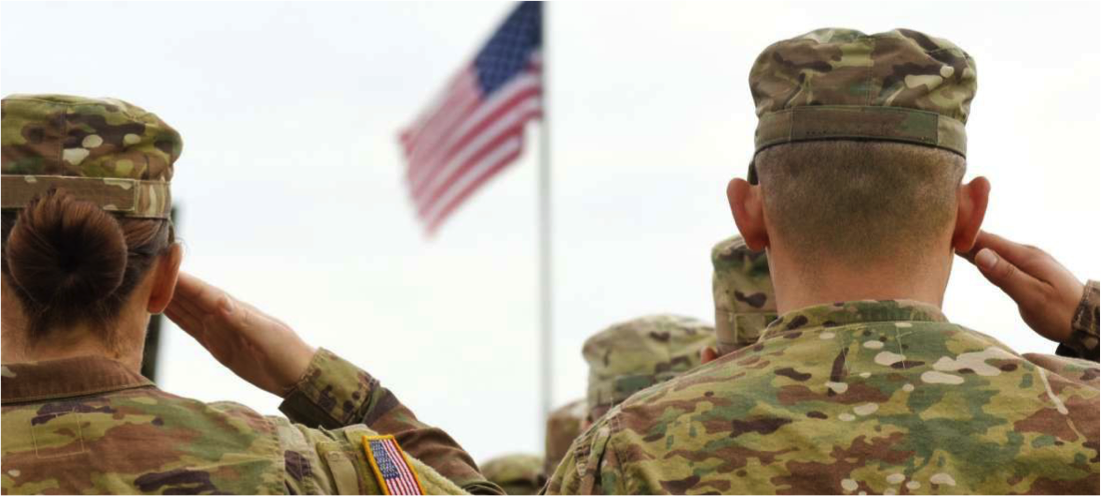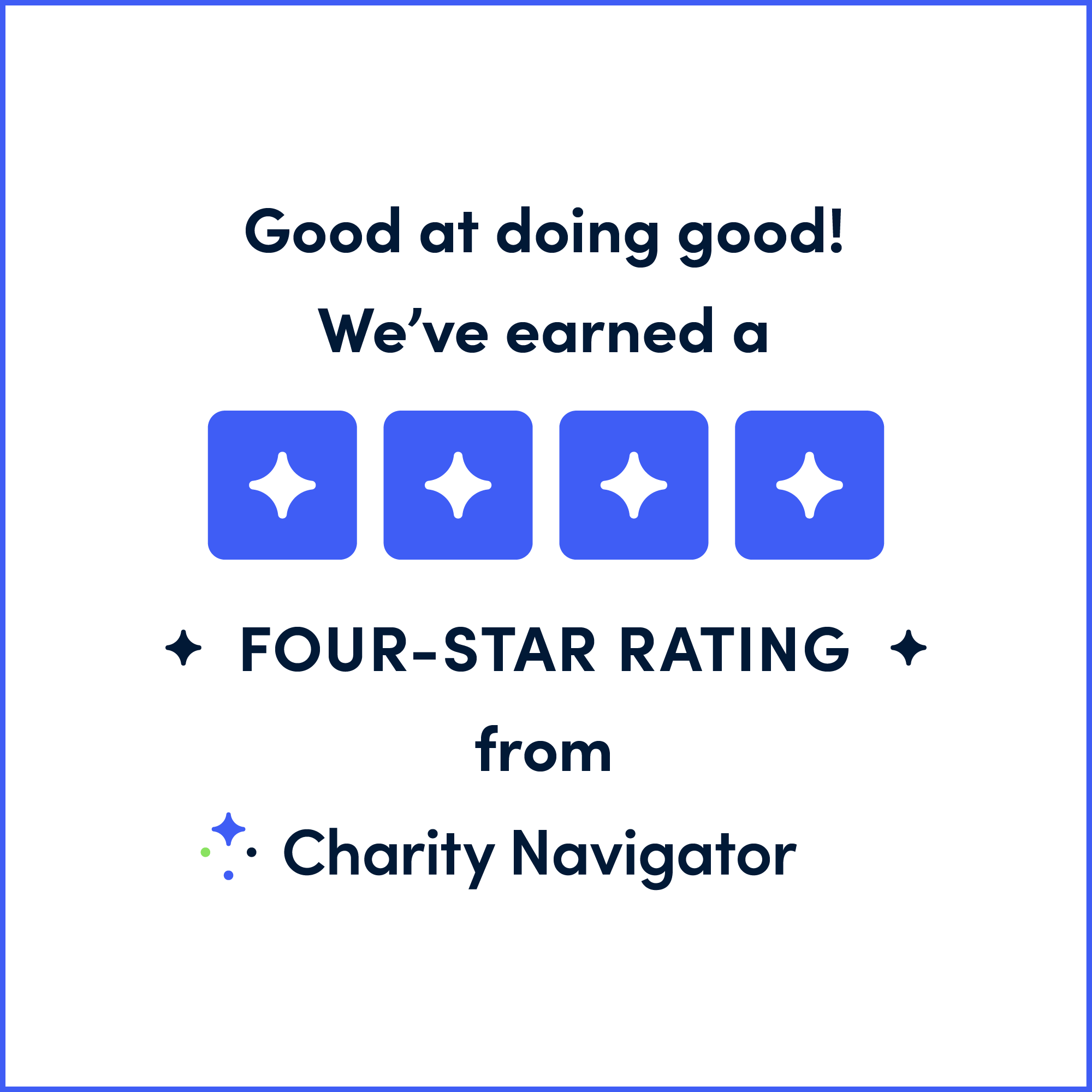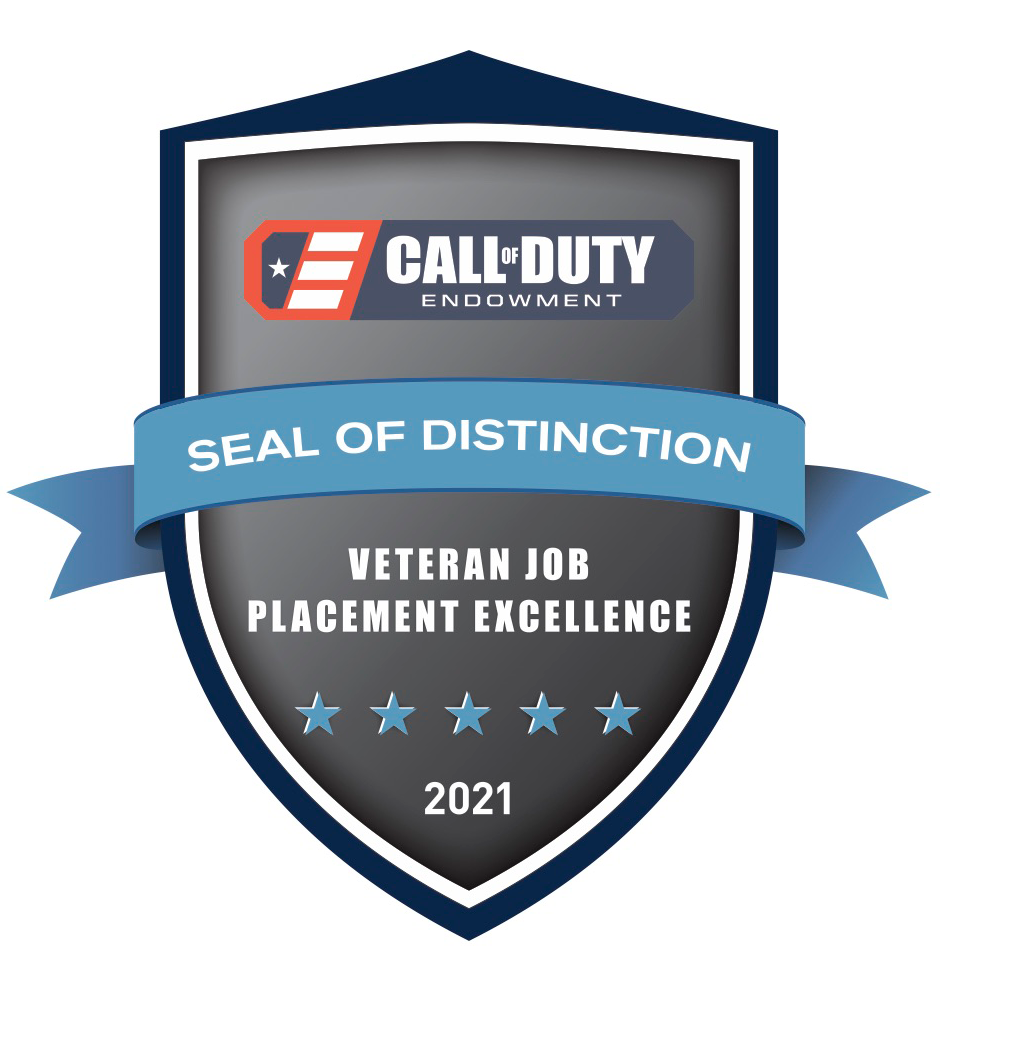Mentoring veterans for career success

When Briana Ogorek decided to transition from the Army to a new career path in business, she had many possible options ahead, but little guidance on choosing the right next step. That's where a partnership between UBS and American Corporate Partners (ACP) connected her with a mentor that put her on track for the new career she wanted.
Jennifer Haidu, Managing Director of Traditional Fixed Income within Asset Management at UBS, has mentored several veterans as they moved from military service into the business workforce. Working together, they have forged a new path for long-term success for Ogorek.
The transition from military to civilian
A Pew Research Center survey found that 27 percent of military veterans report difficulties transitioning to civilian life after leaving the armed forces. Combat veterans and those who experienced injury or a traumatic event are more likely to struggle, according to the data.1
One major way to offset those challenges, particularly when it comes to career paths and education, is connecting with an experienced member of the business community who can help veterans better understand how the business world operates. While the command structure and regimented lifestyle of the military are behind them, many skills and experiences make them a perfect candidate for a swath of leadership and operational roles at businesses big and small.
"There are so many programs out there for veterans that are provided for free," says Ogorek, a former Army finance officer. "Seek those opportunities and follow them."
US Army veteran Briana Ogorek at her commissioning ceremony at Gonzaga University in 2014. (handout)
Overcoming common transition challenges
After working together for about a year, UBS employee Haidu says, "I liked knowing I could be helpful to someone. When I got her resume, I saw that she has done some really cool stuff." Many veterans don't know how to translate military duties into civilian resumes, and in this case, Haidu was able to offer suggestions to build a better resume and understand what career opportunities exist.
"She is very humble and very accomplished. I told her to highlight [that]. Civilians don't know what [this military role] is. Many civilians are in awe of people who have served our country in the armed forces."
After a series of meetings, Ogorek decided on an accounting career. Haidu was able to help her understand how past military work experience could lead to a new job. Ultimately, she decided to go to graduate school.
"She put some good programs across my inbox. It started to click that to get where I want and what I want to do, I would need to go back and get a masters. At that point, the conversation shifted to school versus employment. She helped with my resume, applications, references and highlighting what I've done."
UBS's dedication to veterans
UBS offers its employees the opportunity to participate in a yearlong mentorship program in partnership with ACP. Since 2013, UBS employees have supported more than 800 veterans. Currently, there are 270 active UBS mentors representing 118 cities and 31 states.
The organization hand-selects mentors and protégés that they feel will get the best win-win experience when working together. Haidu encourages "everyone on [her] team to sign up."
While some relationships end after the one-year program, this pair plans to stay in touch. "I would love to see what she does," says Haidu.
Getting the best results requires buy-in from both the mentor and mentee. "We have to do some self- reflection," notes Ogorek. "She did a great job helping me understand where I'm best suited. Work with someone in that sector and build a good relationship with your mentor."
Jennifer Haidu, mentor and UBS Managing Director of Traditional Fixed Income in Asset Management (handout)
Everyone benefits from a smooth transition
A study by the USC Suzanne Dworak-Peck School of Social Work found that over half of veterans don't have a job lined up when they leave the military. Depending on the area, 60 percent to 70 percent of veterans indicated at least some challenges in adjusting to civilian life.2
"I would say for companies, when you hear military, don't just assume we are all overseas fighting the bad guys. There are so many roles in the military that people can fill," according to Ogorek. "I tell people what I actually did as a finance officer. That is a unique experience I was able to have."
From managing money to managing careers, many veterans do well working with a mentor. In this case, it is easy to see the path to success.
"It seems like there will be a high return for Briana. She'll put in all this work and find herself in a position where she's highly valued and sought after by employers," says Haidu.
If you are considering mentoring or working with veterans at your company, Ogorek believes you will ultimately find great results.
"Don't just hear 'veteran' and assume a stereotype. There are so many roles out there. The military really does train their people to have leadership skills. They make great employees and managers after military service. Everyone has a very unique experience."
UBS in the community
UBS's partnership with ACP is a great example of UBS at its best—bringing the unique talents and experience of its employees together to meaningfully contribute to the success of individuals and communities across the country. Beyond supporting veterans, UBS is driving change that matters—by supporting college and career success for first generation students, by leveling the playing field for under-represented entrepreneurs and by empowering our employees to create a positive impact on a local scale.











